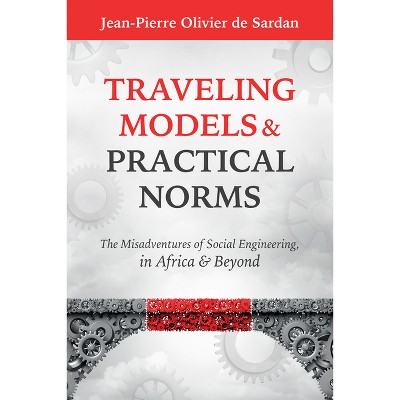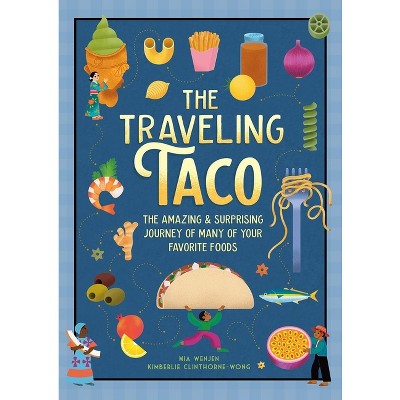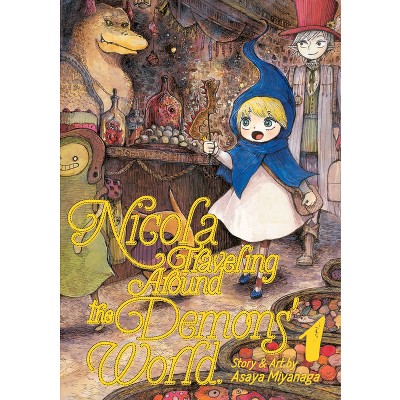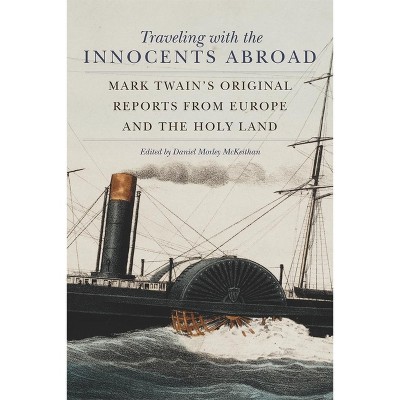About this item
Highlights
- Traveling with Sugar reframes the rising diabetes epidemic as part of a five-hundred-year-old global history of sweetness and power.
- About the Author: Amy Moran-Thomas is Associate Professor of Anthropology at Massachusetts Institute of Technology.
- 384 Pages
- Social Science, Anthropology
Description
About the Book
"Traveling with Sugar reframes the rising diabetes epidemic as part of a five-hundred-year-old global history of sweetness and power. Amid eerie injuries, changing bodies, amputated limbs, and untimely deaths, many people across the Caribbean and Central America simply call the affliction "sugar"--or, as some in Garifuna Belize say, "traveling with sugar." A decade in the making, this book reveals a series of crâonicas--a word meaning both slow-moving story and slow-moving disease. It profiles the careful work of those "still fighting it," as they grapple with unequal material infrastructures and unsettling dilemmas. Guiding us into the surprising landscapes of global diabetes, these individuals speak back to science and policy misrecognitions that have prematurely cast their lost limbs and deaths as normal. Facing a new incarnation of blood sugar, they practice their arts of maintenance and repair, illuminating ongoing struggles to survive and remake larger systems of food, land, technology, and medicine"--Provided by publisher.Book Synopsis
Traveling with Sugar reframes the rising diabetes epidemic as part of a five-hundred-year-old global history of sweetness and power. Amid eerie injuries, changing bodies, amputated limbs, and untimely deaths, many people across the Caribbean and Central America simply call the affliction "sugar"--or, as some say in Belize, "traveling with sugar." A decade in the making, this book unfolds as a series of crónicas--a word meaning both slow-moving story and slow-moving disease. It profiles the careful work of those "still fighting it" as they grapple with unequal material infrastructures and unsettling dilemmas. Facing a new incarnation of blood sugar, these individuals speak back to science and policy misrecognitions that have prematurely cast their lost limbs and deaths as normal. Their families' arts of maintenance and repair illuminate ongoing struggles to survive and remake larger systems of food, land, technology, and medicine.From the Back Cover
"A remarkably original work, Traveling with Sugar overflows with critical thought, haunting prose, and trenchant details. Its gripping personal stories trace painfully intimate connections between planetary crisis, economic disparities, and human health."--Peter Redfield, author of Life in Crisis: The Ethical Journey of Doctors without Borders
"In one of my favorite passages, Amy Moran-Thomas describes how the experience of diabetes in Belize is like waiting for the hurricanes that now pummel the country with increasing intensity--beating one down with no time or technology for recovery. This is bioecological sociocultural analysis at its best."--Kim Fortun, Professor of Anthropology, University of California, Irvine
Review Quotes
"Traveling with Sugar is an accomplished work that lives up to its premise: telling a global story through an intimate portrayal of people's slow and constant care."-- "Anthropology Book Forum"
"A luminous ethnography . . . resists tragedy by attending to people's capacity for 'extraordinary survival' and mutual aid . . . [and] asks us to grapple with profound transdisciplinary questions about how the past lives in the present."-- "Bulletin of the History of Medicine"
"A masterclass in accompaniment . . . refreshes our understanding of etiologies of diabetes in profoundly urgent ways. . . . Each chapter is a rich and original contribution on its own, and together the book is a discipline-altering tour-de-force."-- "Journal of the History of Medicine and Allied Sciences"
"A remarkable work. . . . A story of the long-term impact of the European empires and commercial expansions. . . that developed the sugar plantation economy of Central America and the Caribbean."-- "American Journal of Human Biology"
"The reckoning of the living and dead, history and future, limb and loss through a mirror of the planet--its health, sickness, destruction--tells a powerful story . . . not only [of] human bodies but also plants, seeds, food systems, synthetic and herbal medicines, weather, and lands."-- "American Anthropologist"
"The trouble [this book] highlights is not a lack of knowledge, but the cruelty of a profit-driven system that allows, even encourages, living, breathing, loving, always-human people to be treated as disposable."-- "Medical Anthropology Quarterly"
"Thoughtfully organized and powerfully written, this poetic piece humanizes both those who need care and those trying to provide that care. Traveling with Sugar can and should be taught in both undergraduate and graduate courses in medical anthropology, sociology, global health, and health disparity courses."-- "New Florida Journal of Anthropology"
"This well-researched ethnography is an excellent addition to existing scholarship in that it offers fresh perspectives on the global history of sweetness and power and the ways in which this relationship continues to shape human health."-- "CHOICE"
About the Author
Amy Moran-Thomas is Associate Professor of Anthropology at Massachusetts Institute of Technology.





